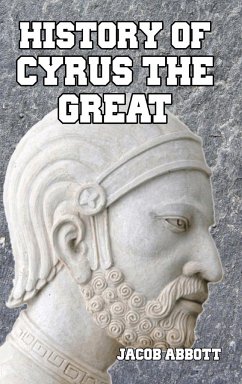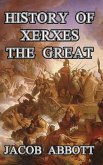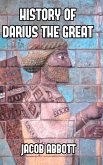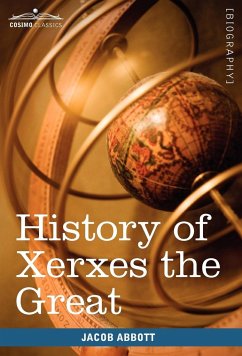Cyrus II of Persia was the founder of the Achaemenid Empire, which expanded to become one of the largest empires of the ancient world, encompassing from the Mediterranean Sea and Hellespont in the west to the Indus River in the east. Drawing upon archaeological fact and the sometimes dubious histories of Herodotus and Xenophon (with the author providing the necessary caveats as to the historical accuracy where necessary), this work tells of Cyrus's childhood, education, and how he came to the throne. From there, the story follows Cyrus's dealings with-and likely manipulations of-the famous Oracles, and the conquests of Lydia, Babylon, and the expansion of his empire's borders. Along the way, the author weaves in fascinating details of Cyrus's interactions with his civil servants and their families-including events which reveal both the humanness of mankind over 2000 years ago-and also the great brutality to which they could stoop. The Hanging Gardens of Babylon, the incredible size of the ancient cities, and the captivity of the Jews all form important segments of the story of Cyrus. "In reflecting on this melancholy termination of this great conqueror's history, our minds naturally revert to the scenes of his childhood, and we wonder that so amiable, and gentle, and generous a boy should become so selfish, and unfeeling, and overbearing as a man. "But such are the natural and inevitable effects of ambition and an inordinate love of power. The history of a conqueror is always a tragical and melancholy tale. To be generous, disinterested, and noble, seems to be necessary as the precursor of great military success; and to be hard-hearted, selfish, and cruel is the almost inevitable consequence of it. The exceptions to this rule, though some of them are very splendid, are yet very few."








